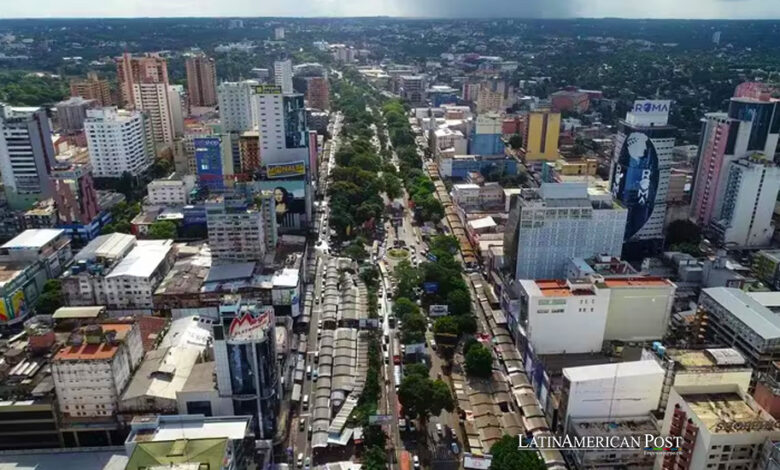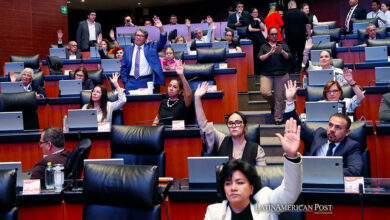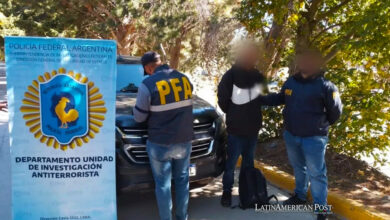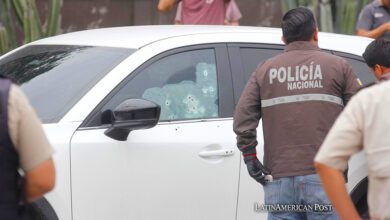Emergency Declared in Paraguay’s Alto Paraná Amid Rising Crime Wave

Paraguay’s Alto Paraná faces a 30-day emergency due to escalating crime, impacting safety and property. Similar trends affect Latin American counterparts, urging regional collaboration.
Escalating Criminal Activities Prompt State of Emergency in Alto Paraná, Paraguay
In a decisive response to the escalating wave of criminal activities that have jeopardized both the physical safety and property of its citizens, the department of Alto Paraná in Paraguay, with Ciudad del Este as its capital and a crucial border city adjacent to Brazil, has been officially declared in a state of emergency for an initial period of 30 days, with the possibility of extension. This measure, announced by Governor César Landy Torres, aims to combat what has been described as “repeated criminal events” that have marred the region since the beginning of the year.
Ciudad del Este, known for its vibrant commerce and proximity to international borders, has recently witnessed a disturbing increase in criminal activities, ranging from assaults to high-profile robberies that seem to rival movie plots in their audacity and execution. One of the most shocking incidents that shook the nation in early February was a massive heist involving a tunnel to an underground vault, affecting 148 money exchange operators. This event has sparked outrage and a desperate cry for practical solutions to restore safety and order.
Urgent Measures Implemented to Counteract Criminality
In detailing the resolution, Governor Torres emphasized the urgent need for agile tools to address the situation, thereby activating the state’s response mechanisms to counteract this surge in criminality. Following discussions with Interior Minister Enrique Riera, it was confirmed that about 200 police officers would be deployed to Alto Paraná to bolster local law enforcement efforts.
The gravity of the security crisis has prompted various sectors of Ciudad del Este to mobilize. Currency exchange operators, severely impacted by the rise in insecurity, have organized a march demanding justice and safety. Additionally, the city’s mayor, Miguel Prieto, announced the closure of several municipal offices as a form of protest against the ongoing violence, highlighting the unsustainable nature of the situation with references to “historic robberies” that have left the community in fear and disbelief.
Calls for Drastic Measures and Potential Militarization
The call for drastic measures has even led to suggestions from opposition figures, like Senator Yolanda Paredes of the National Crusade party, to consider the militarization of the city as a means to reinstate peace and security.
However, Paraguay’s plight is not isolated. Other Latin American countries are grappling with similar security challenges. Nations like Colombia, Venezuela, and Brazil face their own battles against organized crime, drug trafficking, and gang-related violence, which not only threaten domestic tranquility but also pose significant challenges to regional stability and cooperation.
Also read: Pope Francis’ Special Audience with Paraguay’s President Amid Health Concerns
This situation in Alto Paraná is a stark reminder of Latin America’s complex security dilemmas. It underscores the necessity for a concerted effort among nations within the region to develop comprehensive strategies that address the root causes of crime, foster economic opportunities, and ensure the safety and well-being of all citizens. As countries navigate their individual and collective responses to these challenges, the importance of regional solidarity and collaboration becomes ever more apparent, highlighting the need for a united front to fight against the scourge of crime that transcends borders.





